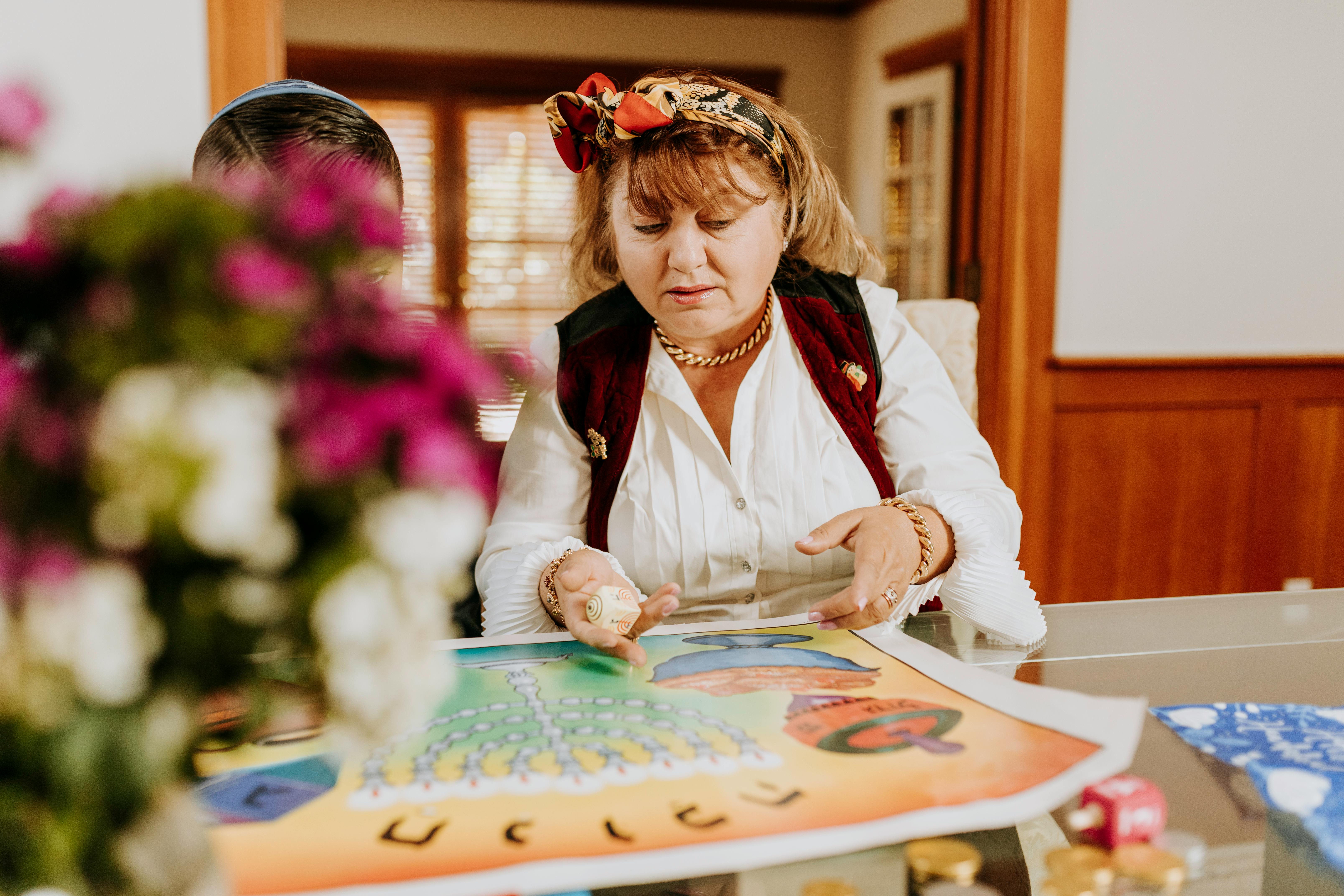Patterns of emotional behavior seem, at first glance, to elude some important aspects of human psychology. Where are the mental, energetic and specifically physical and will forces? Patterns of emotional behavior seem to involve some emotion or feeling that is directly connected to a demonstration of some kind and describes a predictable line of repetitive unfolding, which sounds mechanistic and negative.
So far so good, in our understanding of emotional behavior patterns. However, there is a place for thinking, for energy, as well as for the corporeal and motivational. Although these patterns are not a specialty of human psychology, our observation of human behavior, both internal and external, leads us, quite soon, to observe the repetitive nature of human beings. Outwardly, facial expressions, body gestures, speed of movement, sequence of behavior, standard of conduct that expresses values and concerns, predispositions, prejudices, and level of consciousness are enough for us to raise our arms in consternation. : how, in what way, and by what means is the human animal different from any creature whose consciousness emanates and is dominated by the basic chakras of fear, survival, belonging and acquisition?
For the most part, by far, human beings live their lives in a state of emergency, in survival conditions, fearing the worst, expecting disaster, dreaming of terrible violence, poverty, scarcity, anticipating the ravages of time, the onset of anguish, calamity, and failure; in short, imagine a tragedy of life a million times worse than what, in all probability, will happen to them.
What are we going to do with this? Do we really live in a state of despair like the one we fear? Is our state of terror in any way equal to the threat it really poses? Does our level of anxiety represent in some way a balanced response to what could happen to us?
The fear of poverty, I have noticed, tends to be more prevalent in people who have access to more funds than the average. The fear of death in those who are not even sick, much less terminally ill. The fear of loneliness (in old age, for example) more present in those who seem, at first glance, more attractive prospects for companionship. What do we do with this? Fear is disguised as panic, paralysis, and hysteria, among other emotions, it hides in fear, despair, intimidation, and hesitation, and is slightly disguised as worry, nervousness, and tension. Today’s people are shy, distraught, contracted, agitated, tense, and apprehensive, which are all signs of fear.
Former psychotherapist, now writer and spiritual and social commentator, Stephanie Dowrick, notes that fear of death is part of the baby’s early experience, according to Melanie Klein. Dowrick goes on to say:
This is the fear of “nothing”, against which humanity throughout history has woven stories to promise “something”. Heaven, reincarnation, the sphere of the beyond … let me know through my body that I am alive, because it is certainly my body that will be unequivocally dead. (Stephanie Dowrick, Intimacy and loneliness, p.157)
He continues to talk about sex, bar drinks and human contact as ways to avoid fear, loneliness, feelings of lack of love and abandonment … but the last thing is to avoid death. The fear of death hides a deeper fear, as I have already written before:
To live, to truly live, there is only one fear to overcome. Just a fear because it’s the one that included everyone else. That is the fear of death. Within this powerful fear is our denial of life, our avoidance of life, our worthlessness in life, and ultimately our fear of life. The fear of death is the fear of life and now you feel what the journey of self-discovery has been all about. It is the detachment of fear in the form of our obsession with survival, our terror of not existing, our urge to rise from the ground of being and to realize ourselves as (and here is the great point of choice) our individual and separate self. or as the true Self. (Richard Harvey, Moksha Dawn, p.42)
The mechanics of emotional-behavioral patterns are as effective and predictable as they are proscriptive and restrictive … we fear our death; We fear our fear, but our greatest fear is our fear of life:
Emotional behavior patterns are the automatic ways we react to automatic life because that is how we avoid risk and insecurity. We fear fear! We fear the unexpected. We fear uncertainty. Just look at someone entering a new environment, because it is easier to observe others, but it is better to look at yourself. Plan what he will say, how he will act, and how he will relate. You have a repertoire of possibilities and security. You react within the parameters of these anticipated circumstances and your rehearsed “responses.” (Richard Harvey, “Liberation from Conditioning: An Interview on the Sacred Attention Therapy Project”)
Life is so stuck for most of us that there is no room for the surprising, the spontaneous, for an eruption of the sacred. Regarding “the emerging sacred reality,” author Ken Carey writes:
Fear has a small role to play in creation. It works as an alert system, warning each creature of behavior that could cause biological damage. Its function is to protect the physical body. It was never intended to motivate human beings. Where fear is honored as a source of motivation, consciousness diminishes … The Fall occurred when human attention turned to fear … (Ken Carey, Vision, P.9, my italics)
We have come to a simple truth: the fear that underlies surrendering our humanity and representing our lives through self-imposed emotional-behavioral patterns was never intended to be our way of life, hiding behind the anachronistic need for protection, feeling “safe” through the repression of the vital force.
The fear of death is the fear of surrendering to the Infinite.
Learn to surrender, to exist in Infinity while you are alive, and the fear of death dissolves.
The fear of death is the fear of the Unknown.
That’s what Adi Da Samraj says in The devouring gorilla comes in peace. The unknown awaits whoever gets rid of their emotional-behavioral patterns. It’s a wonderful thing, what Rumi might call “a rose surprise,” but then it’s completely ordinary and quite mundane. Life itself flows very close to you and when you free yourself from your pattern, it flows through you like a great refreshing torrent.

